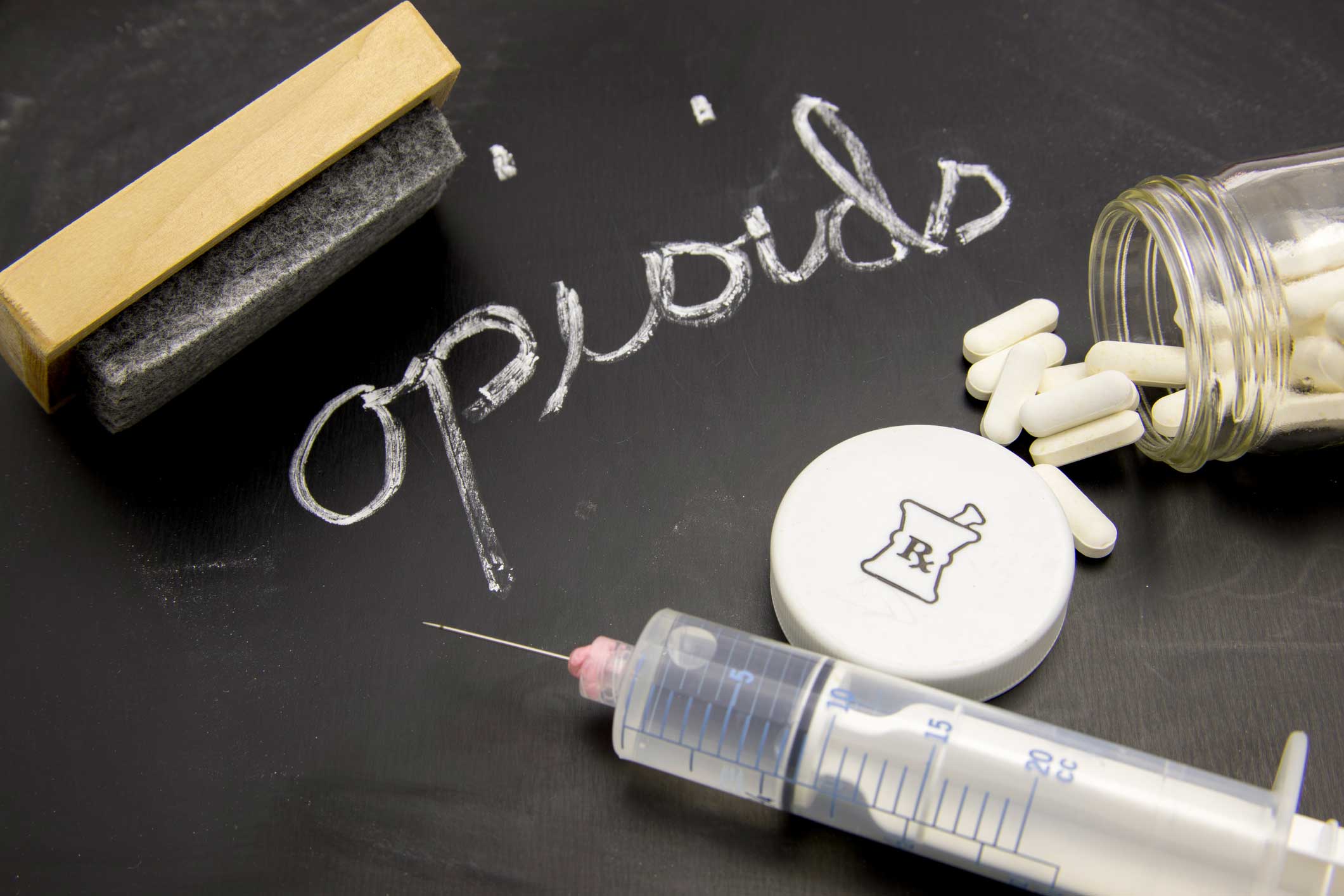<< Back
Lawmakers, Advocates Call for More First-Line Medical Help in Opioids Fight

December 18, 2020
With Connecticut on track to exceed the number of overdose deaths in 2019, lawmakers and other state advocates at a Dec. 18 press conference called for a change and additional resources to fight the opioid epidemic within a pandemic.
J. Craig Allen, Rushford medical director and vice president of addiction services at Hartford HealthCare, participated in a crisis summit with Sen. Richard Blumenthal, state Attorney General William Tong and other state opioid advocates as overdose deaths continue to climb during the COVID-19 pandemic.
Last week, Dr. Allen conducted a training on buprenorphine, also known as suboxone, for over 40 Hartford HealthCare doctors. Buprenorphine is an evidence-based, front-line treatment shown to decrease opioid overdose deaths significantly. Access to life-saving medications such as buprenorphine and naloxone is not standard across the state, something Dr. Allen said needs to change.
“When we look at an effective, evidence-based first-line treatment for opioid use disorder, we would expect that all physicians would be trained and knowledgeable about its use, but that’s not the case,” he said.
Beyond prescribing medication for opioid use disorder, it is crucial to engage with the patient through harm reduction, said Dr. Allen.
“If someone has this disease and they exhibit symptoms of returning to use or a relapse, that’s not a reason to have them leave your program,” he said. “That’s a reason to reach out and connect with them even stronger.”
The record number of Connecticut overdose deaths, expected to exceed 1,300, is mainly attributed to the COVID-19 pandemic, which has caused an increase in isolation and stress.
“The virus tends to drive us apart and divide us,” Sen. Blumenthal said. “It makes it difficult for physical contact to occur and adds to not only the stress and anxiety but the challenges of keeping people in treatment and making sure they follow through.”
Telehealth, Recovery Support Specialists (RSS) and digital technology are various ways providers can stay engaged with patients during the COVID-19 pandemic, added Dr. Allen.